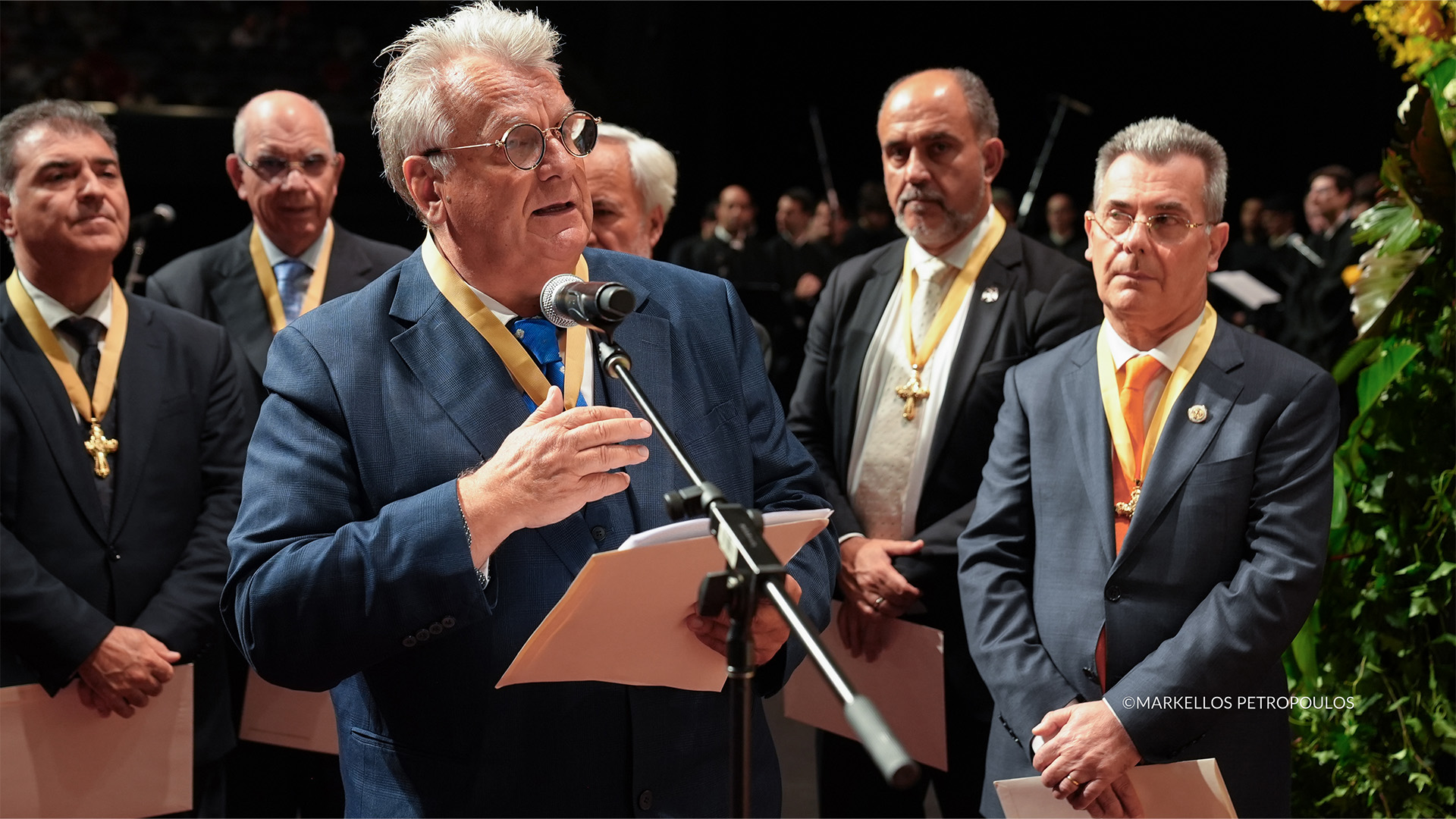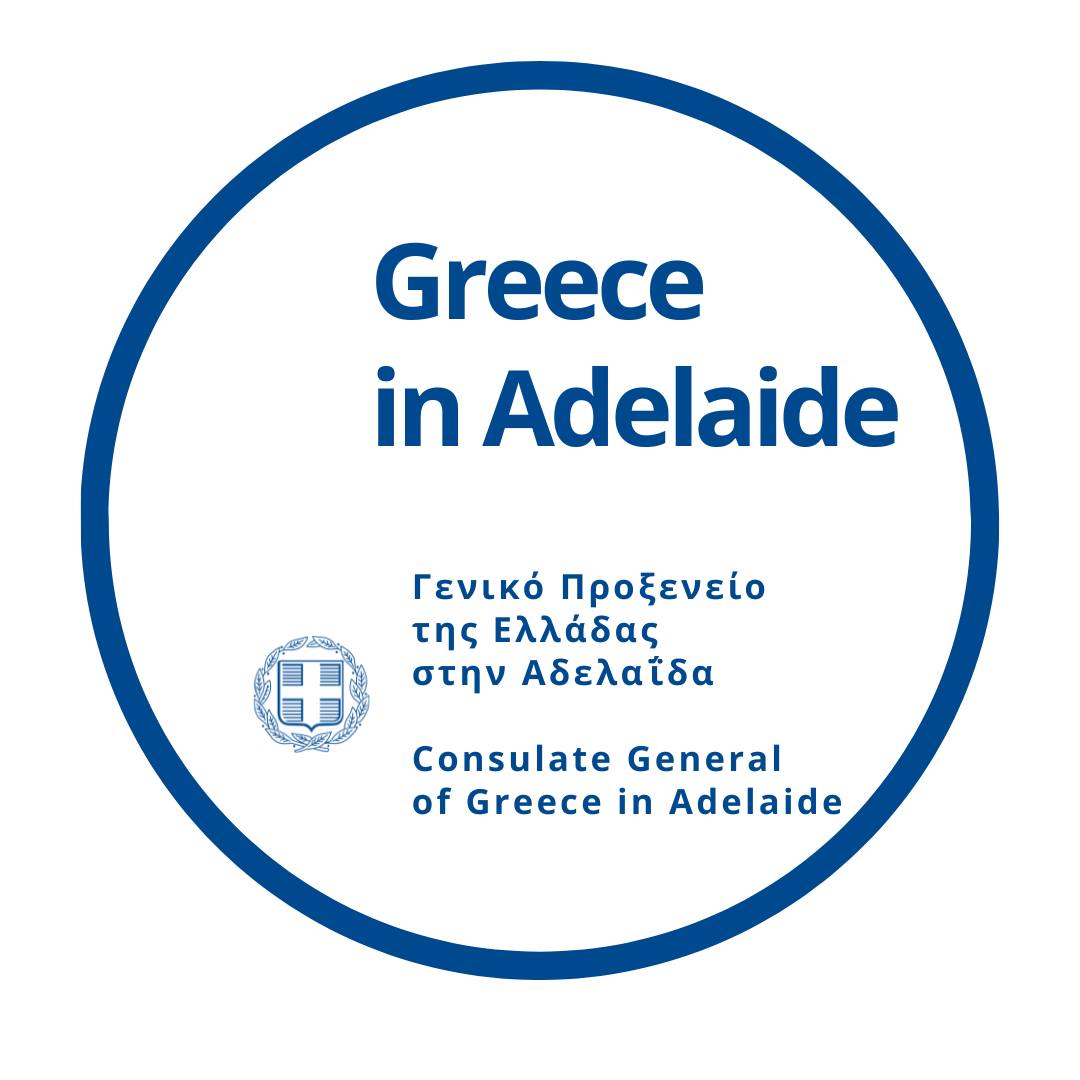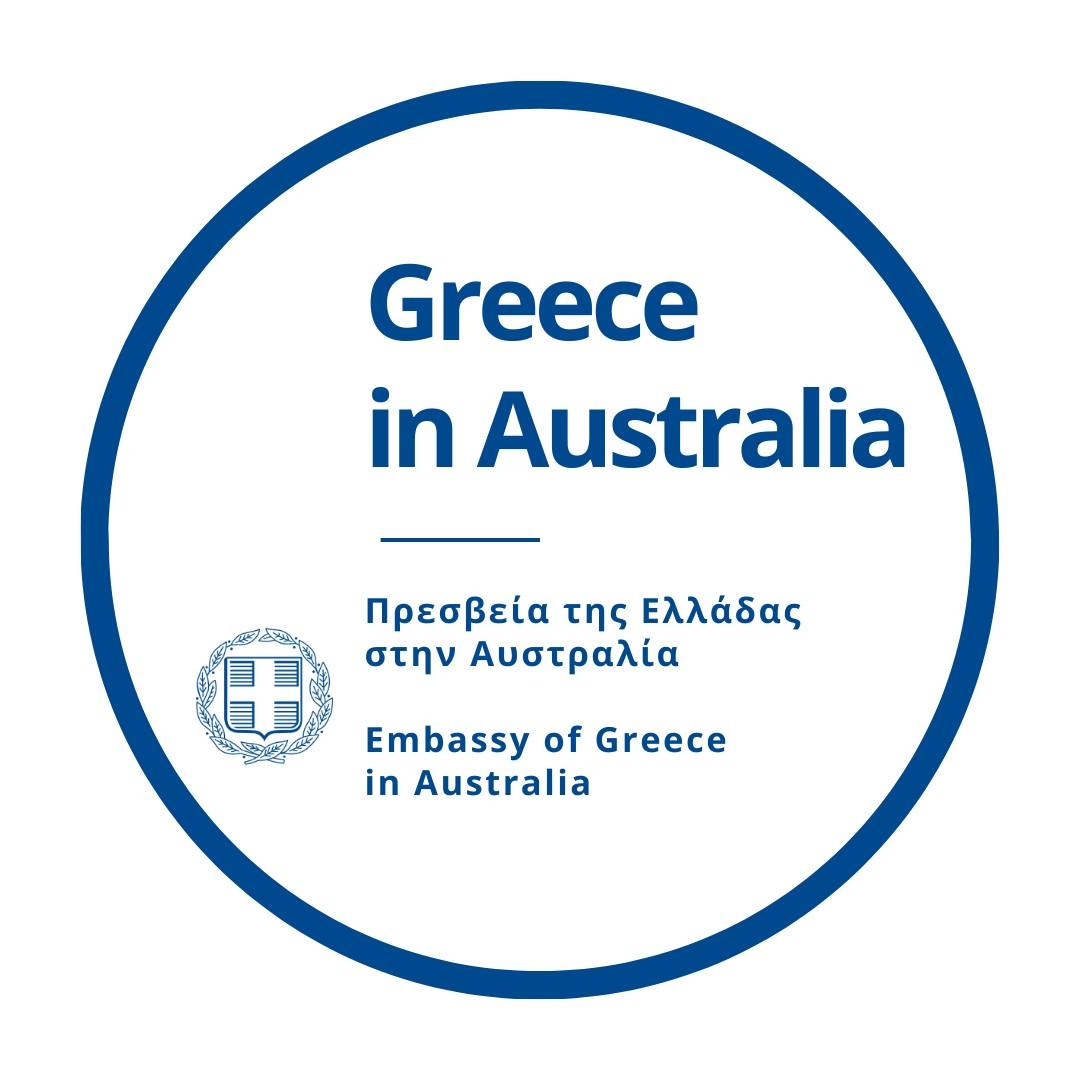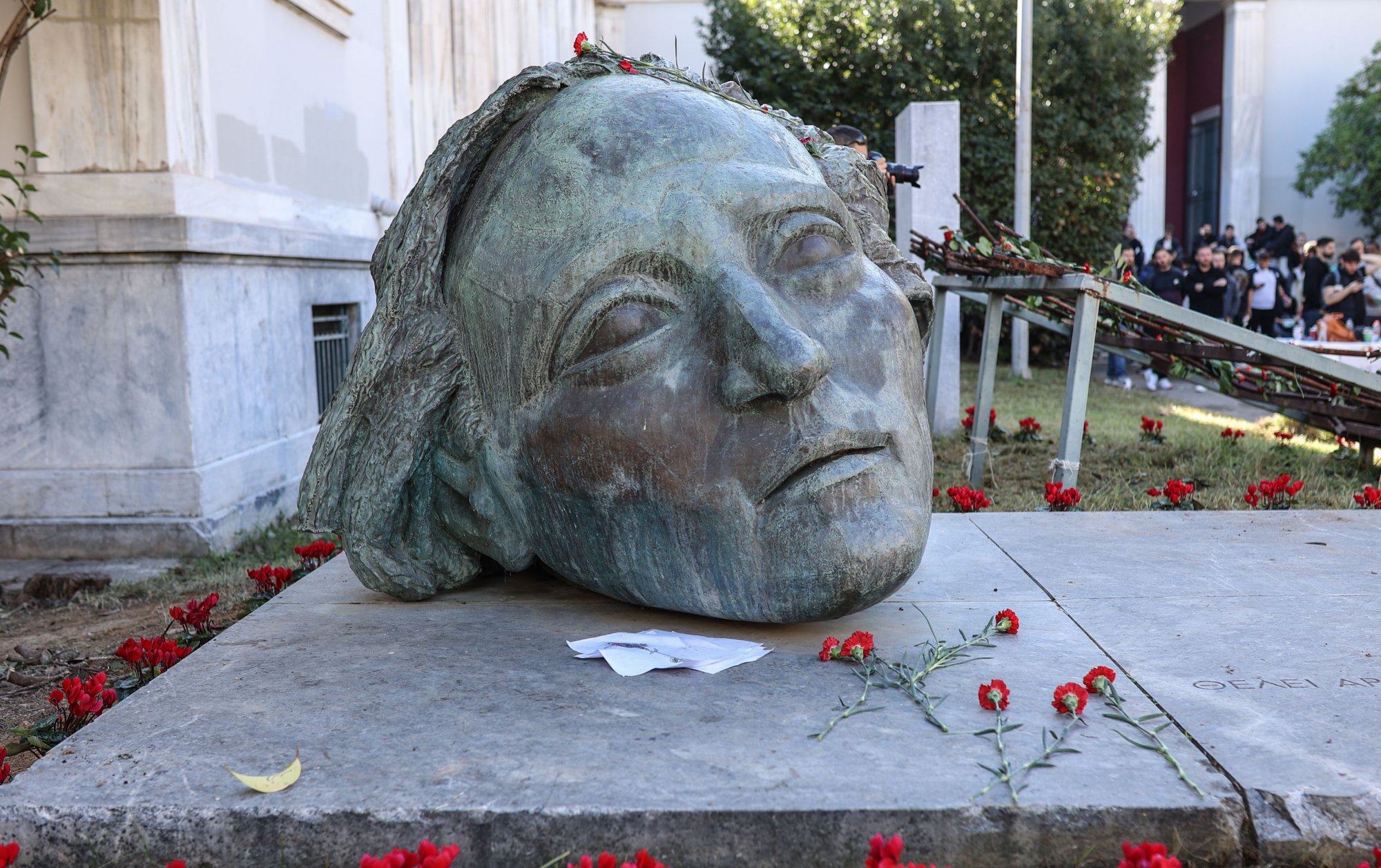Sydney: Event regarding the Fate of the antiquities of Greece during World War II


The Consulate General of Greece in Sydney, in collaboration with the Australian Archaeological Institute at Athens, organises an event-lecture by Dr Stavros A. Paspalas, entitled: “The Fate of the Antiquities of Greece during World War II.”
In the framework of the commemorative events for OXI Day – the National Day dedicated to Greece’s resistance during WWII- this lecture aims to shed light on a relatively unknown, yet fascinating, aspect of modern Greek history.
Dr. Stavros Paspalas explains: “There is no way to exaggerate the destructive nature of war and the price that must be paid by the societies caught up in its horrors. Clearly, the desperate toll paid in the currency of human loss and suffering is the greatest, and great human loss was exacted from Greece during World War II.
This lecture, however, focuses on how the country’s antiquities, ancient and mediaeval, fared during this period of upheaval, death and displacement. What were the attitudes of the occupying forces (German, Italian and Bulgarian) to Greece’s cultural heritage? How did the perceived role of Greece as one of the major sources of Western civilisation impact on the occupiers? How did the Greek authorities prepare during the run-up towards war? What was their stance during the subsequent Occupation? What symbolic role were the antiquities called to serve by the Greeks during these dark years? How did the antiquities themselves fare?
This presentation will look at a number of case studies against the backdrop of the Occupation in order to elucidate these and other questions, as well as to offer some explanation for what was lost and what was saved.”
About the Speaker
Dr Stavros A. Paspalas is the Deputy Director of the Australian Archaeological Institute at Athens, and has actively researched the archaeology and history of Greece since the 1980s. His research interests primarily focus on the Archaic and Classical periods in the northern Aegean, and the region’s contacts with the eastern Aegean, Lydia and the Achaemenid Empire; the Australian excavations of the Early Iron Age settlement of Zagora on the island of Andros; the Australian archaeological survey of northern Kythera; and ceramic and iconographic studies.
Date: November 27th 2024, 3-5 pm
Place: NSW Parliament
House, Theatrette
6 Maquarie st.
Sydney NSW 2000
The lecture will be held in English
Free admission
Registration essential: https://tinyurl.com/ycyb9exd




